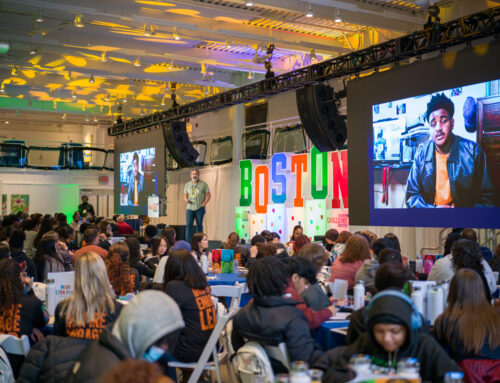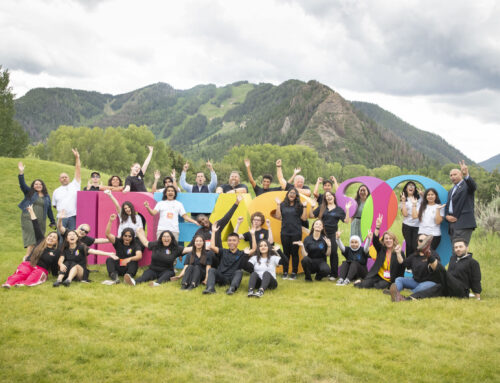Climate Change Requires Youth Action, By Leisha John
Climate change is impacting our lives now, and it will only get worse. However, we already have many solutions to tackle this issue. If our youth are educated and focused, they can use their voices to influence adults and decision-makers to enact policies that will scale up these solutions, so that we (and future generations) don’t suffer the most catastrophic consequences of climate change.
It’s clear we’re in a climate emergency
Extreme weather events like hurricanes are getting stronger, exacerbated by warmer waters caused by global warming. Sea-level rise is causing “sunny day flooding” in South Florida — I’ve experienced it myself. Even our drinking water is at risk from saltwater intrusion as the seas continue to rise. And there’s social injustice too, as under-resourced neighborhoods and people of color will be impacted the most.
Understanding the causes of climate change: GHGs
Having a foundational level of literacy around climate change is a prerequisite for effective action. Only if youth understand the basics — the causes of climate change — can they begin to solve it. Global warming, and climate change in general, are caused by greenhouse gases, or GHGs, emitted from human activity: burning fossil fuels, such as coal, oil, and gas, in buildings and for transportation; industry; and land-use changes such as deforestation, agriculture, and landfills.
Changing our personal behaviors is not enough
Of course, I practice personal greening, like recycling and taking public transport. I eat less meat and have eliminated straws, bottled water, and plastic bags. But I realize these actions are not addressing the biggest GHG contributors. They are NOT solving the global climate emergency on their own. Rather, I’ve come to realize I need to get civically active: push for policy changes, influence corporations, help elect leaders who prioritize climate action, for example. We need to change the rules of the game. I’m inspired by youth. They can lead the way. Look at the impact of Greta Thunberg.
Solutions exist — we just need to scale them
Top scientists and mathematicians from all over the world have done the math via “Project Drawdown.” They’ve demonstrated that we already have the solutions to rein in carbon emissions: stopping deforestation, using renewable energy like wind and solar, creating less waste, planning our families, and more. We don’t need to wait for some future technological silver bullet to be invented. Rather, we need to demand that policies be put in place to scale the solutions that already exist. Now.
How to catalyze solutions? Hint: It’s economics
Thousands of business leaders, climate leaders, top scientists, economists, many Nobel laureates, and a growing number of political leaders (but not enough) agree that we need to put a price on carbon so that polluters must pay a fee for the damage their GHGs are causing. We need to change the system.
By harnessing civic power, youth can help solve the climate change emergency
Youth have a strong voice. They are masters at social media. They can mobilize a groundswell of civically engaged citizens, who:
-
Recognize the impacts of climate change and understand it’s an emergency that requires urgent action.
-
Realize that individual behaviors are not going to solve the global climate crisis.
-
Know that solutions are already in hand but need to be scaled drastically and quickly.
-
Listen to expert advice that will catapult these solutions, namely, making GHG emissions more expensive so that it makes financial sense to reduce them.
-
Will spur conversations with everyone in their circles of influence (school, work, faith group, neighborhood, volunteer organizations) to create a movement that demands policy action on climate change.
-
Will get active in educating and swaying their community leaders to advance climate policy.
There is cause for optimism Youth will harness their civic power and raise their voices to shape attitudes, creating a sense of urgency with adults, including leaders and decision-makers. This will spur policy shifts that will advance solutions and curb GHGs. I’m optimistic we will solve the climate emergency, and youth will be at the forefront.
Leisha John is the Americas environmental sustainability leader for EY (Ernst & Young), where she develops and implements strategies to reduce EY’s carbon footprint and helps employees become more environmentally literate.





